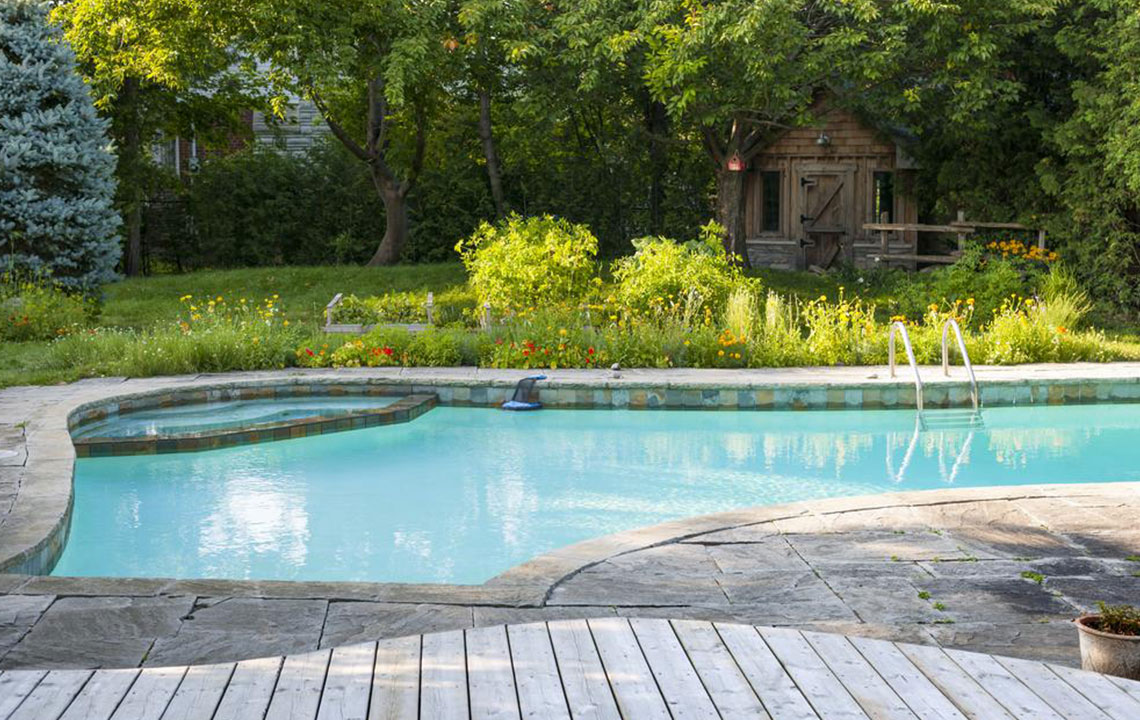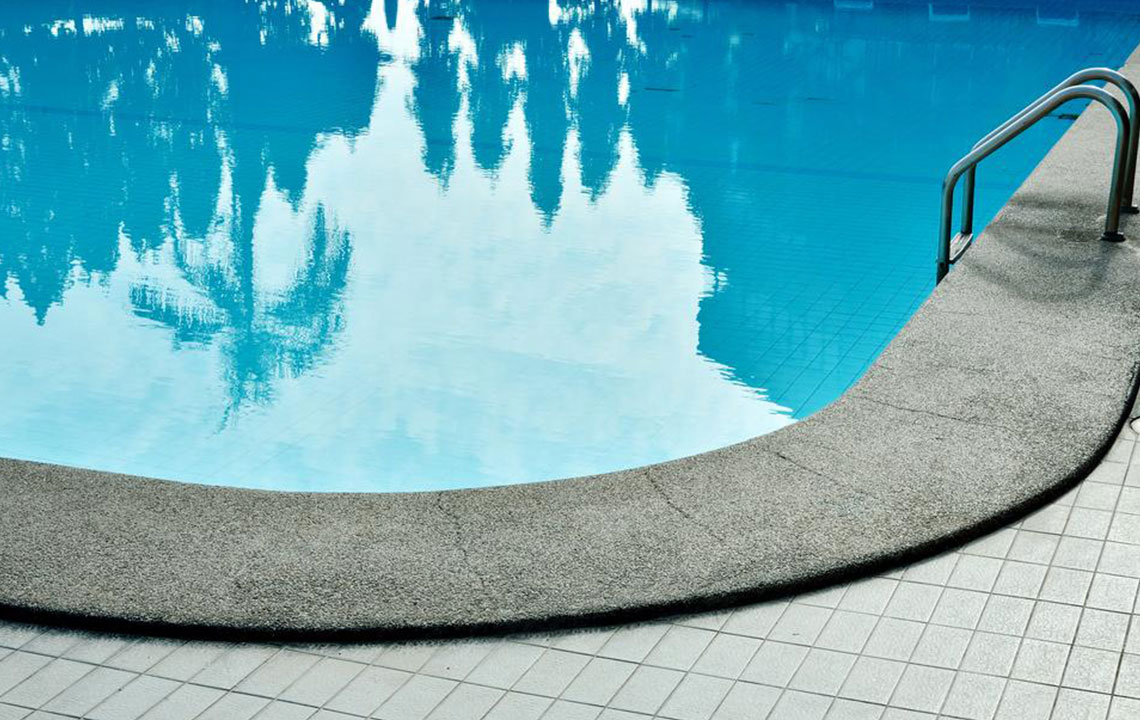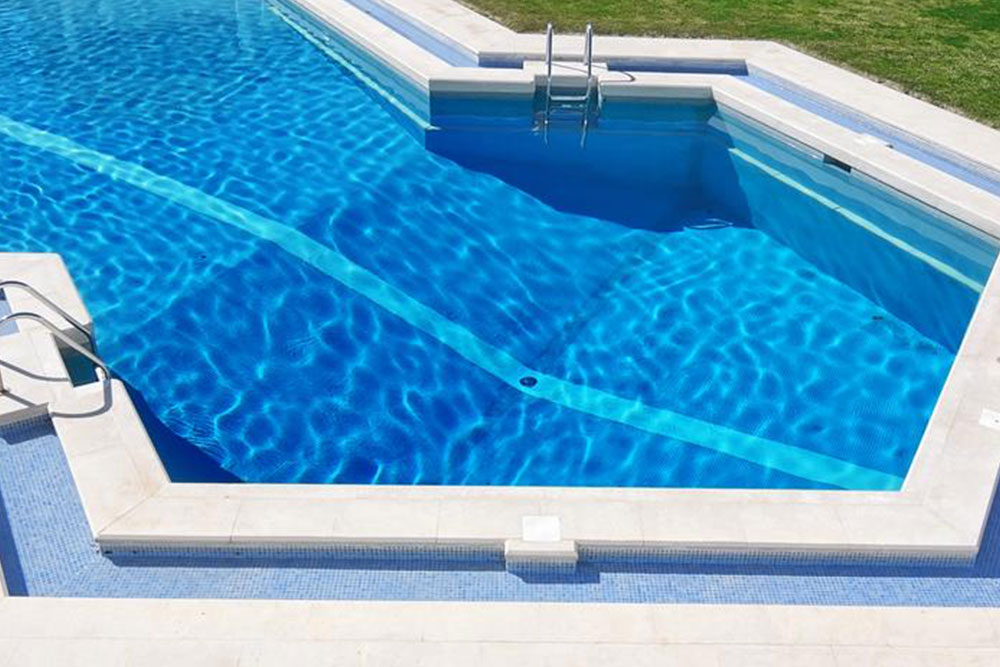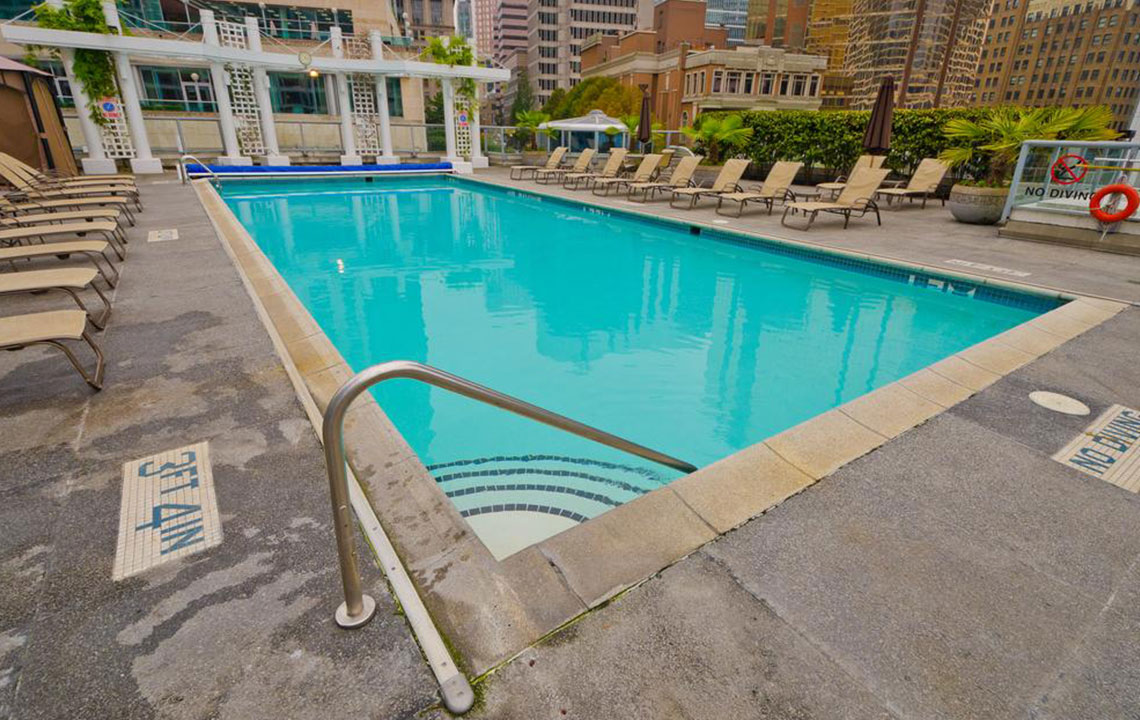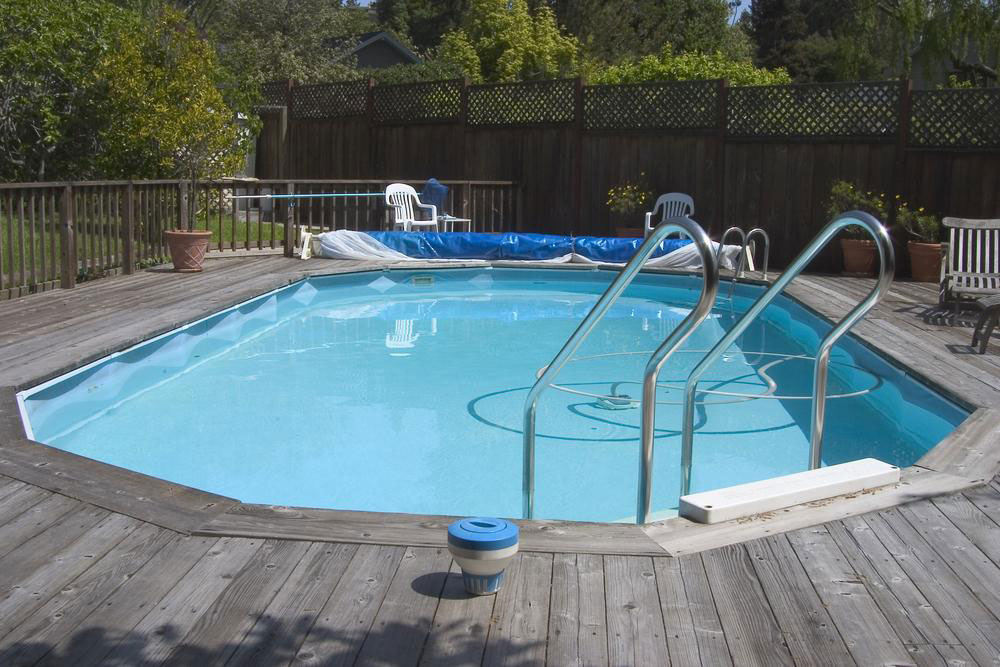Ultimate Guide to Choosing the Best Materials for Your Custom Pool
This comprehensive guide explores the most popular materials used in pool construction, including concrete, fiberglass, and vinyl. It details their benefits, drawbacks, costs, and suitability, helping homeowners make informed decisions for building durable, beautiful, and customizable pools that match their lifestyle and budget. Whether seeking longevity, quick installation, or budget-friendly options, this guide provides valuable insights for creating the perfect backyard oasis.
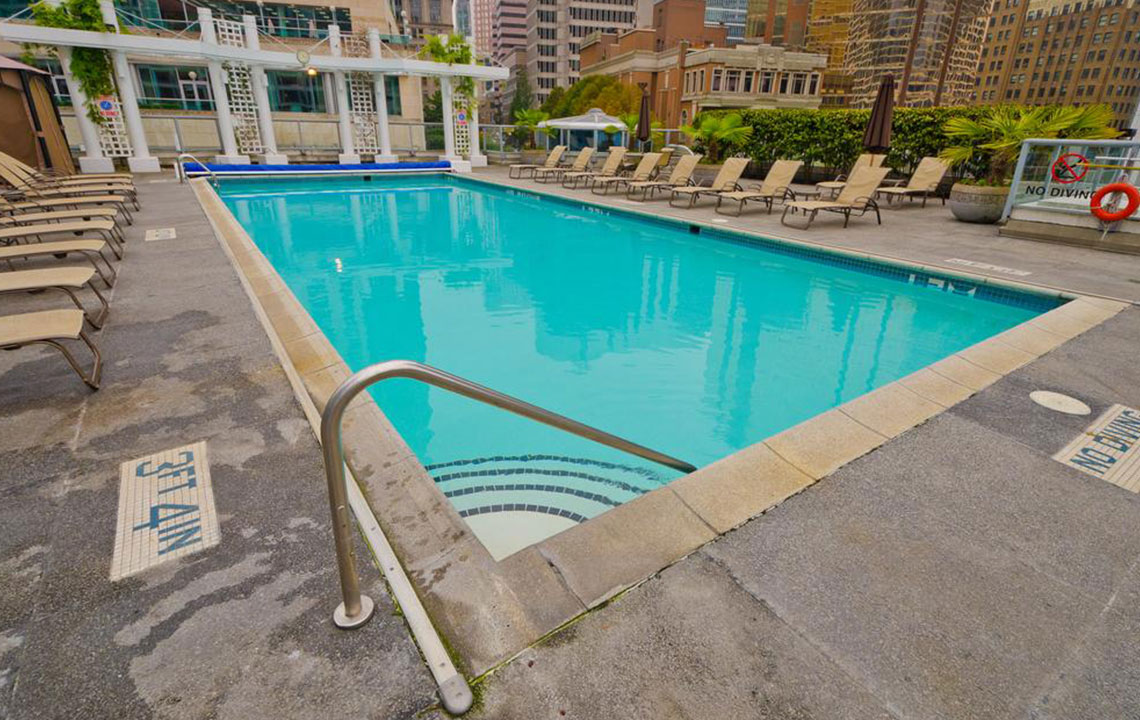
Comprehensive Guide to Pool Construction Materials
Designing a private swimming pool is an exciting process that involves numerous decisions, from choosing the pool's shape and size to selecting the perfect location and overall aesthetic. However, one of the most crucial aspects that significantly influence the longevity, maintenance, and appearance of your pool is the choice of construction materials. Selecting the appropriate materials ensures your pool remains durable, safe, and visually appealing over the years. This detailed guide explores the most popular and reliable materials used in pool construction, helping you make an informed decision tailored to your needs and budget.
Building a pool is an investment in your property’s value and your personal enjoyment. Therefore, understanding the pros and cons of each material type is essential. From traditional concrete to modern fiberglass and versatile vinyl liners, each material offers unique features that cater to different preferences and requirements. Below, we delve into the most favored pool construction materials, examining their characteristics, benefits, and potential drawbacks to help you plan your dream backyard oasis.
Concrete: The Customizable Classic
Concrete remains one of the most popular choices for custom-designed pools due to its incredible flexibility in shaping and finishing. The process involves excavating the designated area, creating a reinforced shell with poured concrete, and then applying a smooth liner or finish to provide a seamless look. Customization is virtually limitless with concrete, allowing you to create pools with intricate shapes, waterfalls, steps, and other personalized features. This adaptability makes concrete the go-to choice for high-end, bespoke pools.
One of the primary benefits of concrete pools is their exceptional durability and longevity. Properly maintained concrete pools can last several decades, often exceeding 25-30 years with proper care. They are resistant to cracking if constructed correctly, and their surface can be customized with various finishes, such as tiles, Pebble Tec, or plaster, to match your aesthetic preferences.
However, concrete pools also have some considerations. The construction process is more labor-intensive and time-consuming compared to other options, leading to higher initial costs. Concrete pools also require regular maintenance, including resurfacing and chemical balancing, to prevent issues like cracking or algae buildup. Despite these factors, the customizability and durability of concrete make it an excellent long-term investment for those seeking a unique and resilient pool.
Fiberglass: The Fast and Durable Choice
Fiberglass pools have gained popularity due to their quick installation and low maintenance requirements. These shells are manufactured in factory-controlled environments, allowing for consistent quality and precise dimensions. Once fabricated, the fiberglass shell is transported to your property and installed in a pre-excavated hole, often within a few days, making it an attractive option for homeowners looking for a faster build process.
Durability is one of fiberglass pools’ main selling points. The material is resistant to many common issues, including algae growth, cracking, and staining. Fiberglass pools also resist chemical reactions better than concrete, which simplifies maintenance routines. Their smooth, non-porous surface ensures that algae and bacteria have a harder time adhering, reducing the need for frequent cleaning.
Nevertheless, fiberglass pools do have some limitations. Customization options are more restricted compared to concrete; the shells come in predetermined shapes and sizes. Although some customization can be achieved through add-ons and liners, the overall design is less flexible. Additionally, because these shells are prefabricated, they may be more costly upfront, especially for larger or complex designs.
In summary, fiberglass pools are ideal for homeowners seeking an installation that combines speed, ease of maintenance, and durability. They’re especially suitable for those with busy lifestyles or limited renovation experience, offering a hassle-free route to a beautiful backyard retreat.
Vinyl Liners: A Budget-Friendly and Flexible Solution
Vinyl pool construction involves creating a steel or polymer frame that supports a flexible liner made of vinyl material. This type of pool is typically rectangular but can be customized with various liner patterns and colors to match your aesthetic vision. Vinyl pools are the most cost-effective option upfront, making them highly attractive to budget-conscious homeowners or those new to pool ownership.
While vinyl liners are affordable and quick to install — often within a week — they have a relatively shorter lifespan compared to concrete or fiberglass options. On average, vinyl liners last between 5 and 10 years before needing replacement, which adds to the long-term maintenance costs. The liners can be replaced multiple times during the lifespan of the pool, allowing for aesthetic updates without significant structural changes.
One of the advantages of vinyl pools is their ease of customization. You can choose from various liner patterns, colors, and in-floor features to create a personalized look. Vinyl pools also typically require less structural work, reducing initial construction costs and project duration.
However, they are more susceptible to tears, punctures, and staining. The liner's condition directly impacts pool performance and appearance, so regular inspections and maintenance are necessary to ensure longevity. Despite the need for more frequent liner replacements, vinyl pools remain a practical choice for those seeking affordability and flexibility in pool design.
Choosing the right pool construction material depends on your budget, desired lifespan, maintenance preference, and customization needs. Concrete offers unmatched flexibility and durability but requires a higher investment and longer build time. Fiberglass provides a quick, low-maintenance, and durable option with limited customization. Vinyl liners are the most economical choice, with easy installation and customizable aesthetics, but with a shorter lifespan.
Whether you’re planning a DIY project or hiring professionals, understanding these key options will help you build a pool that perfectly fits your lifestyle, financial plan, and design dreams. Remember that each material choice involves trade-offs, so consider your long-term goals carefully before making your decision. Building your perfect pool is a significant investment, and selecting the right materials is crucial to ensuring years of enjoyment and satisfaction in your backyard sanctuary.
